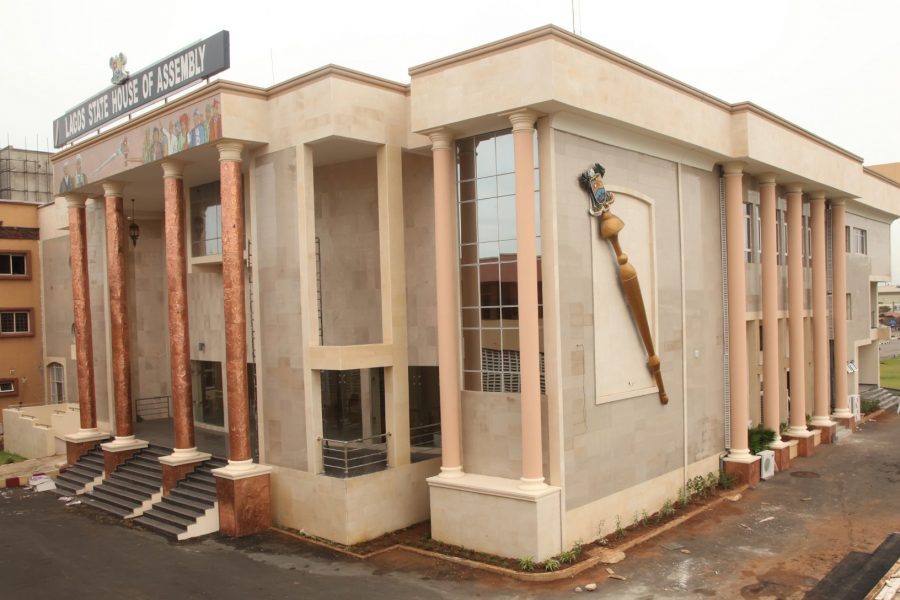
Lagos Assembly moves to criminalise illegal trade in human parts
* Bill scales second reading as lawmakers call for more sanctions
* Speaker Obasa wants ritualists punished by bill
A bill to criminalise illegal trading in human organs has scaled second reading at the Lagos State House of Assembly with the Speaker, Rt. Hon. (Dr) Mudashiru Obasa, describing it as one of the best things to happen to the state.
Before committing the bill to the House committee on Health, Obasa said it should also make provision for the criminalisation of the activities of the ritualists.
He directed that the administration of criminal justice law be studied so that the Organ Harvest and Transplantation bill being considered can be all-encompassing.
Earlier, the chairman, House Committee on Health, Hon. Hakeem Sokunle (Oshodi-Isolo 1), explained that the bill captures the legal framework for the regulation of organ transplantation from donors either living or dead to patients in need.
Sokunle said the bill has seven parts with 37 sub-sections and tries to curb illegal trade in human parts.
Under its offence and penalties clause, the bill states that a person who removes the organ of another person for a reason other than for therapeutic purposes commits an offence and is liable on conviction to a term of 10 years without an option of fine.
The bill also stipulates that a person or any hospital and “who, for the purposes of transplant, conducts, associates with, or helps in any manner in the removal of any organ without authority commits an offence and is liable on conviction to a fine not exceeding N5 million or a term of 10 years.
Contributing to the debate, Hon. Gbolahon Yishawu (Eti-Osa 2), said that the bill would help in putting a stop to organ trafficking. He called the attention of his colleagues to some grey areas in the bill.
Hon. Rotimi Olowo (Somolu 1) condemned the act of harvesting organs for monetary gain in some parts of Nigeria adding that the bill would put an end to such as well as protect minors and the mentally ill.
Olowo argued that the bill would bring about the sanctity of life and human dignity, adding that penalties for such acts should be stiffer than what was prescribed in the bill.
The lawmaker added that the bill provides for certified medical laboratories for the organs donated by donors and that this is aimed at stopping the involvement of quacks and the criminally minded.
Also, the Deputy Speaker, Hon. Wasiu Eshinlokun-Sanni, lamented the high rate of organ trafficking in the country, adding that the bill was all encompassing and that it should be supported by all members of the House.
The Leader of the House, Hon. Sanai Agunbiade, described the bill as a product of deep reflection on the part of the state government.
Itemisinng the various processes of organ transplantation as prescribed by the bill, Agunbiade added that it would improve procedure and discourage the act of organ harvesting for financial gain.
“The bill will ensure that organ transplanting is not all-comers affair in the health sector in Lagos,” Agunbiade said.
















